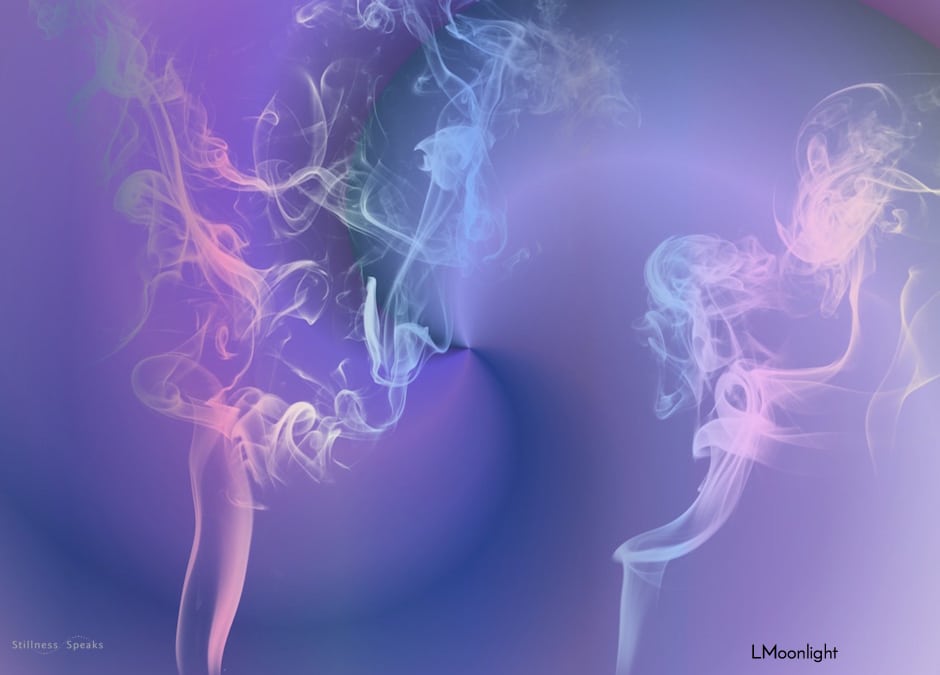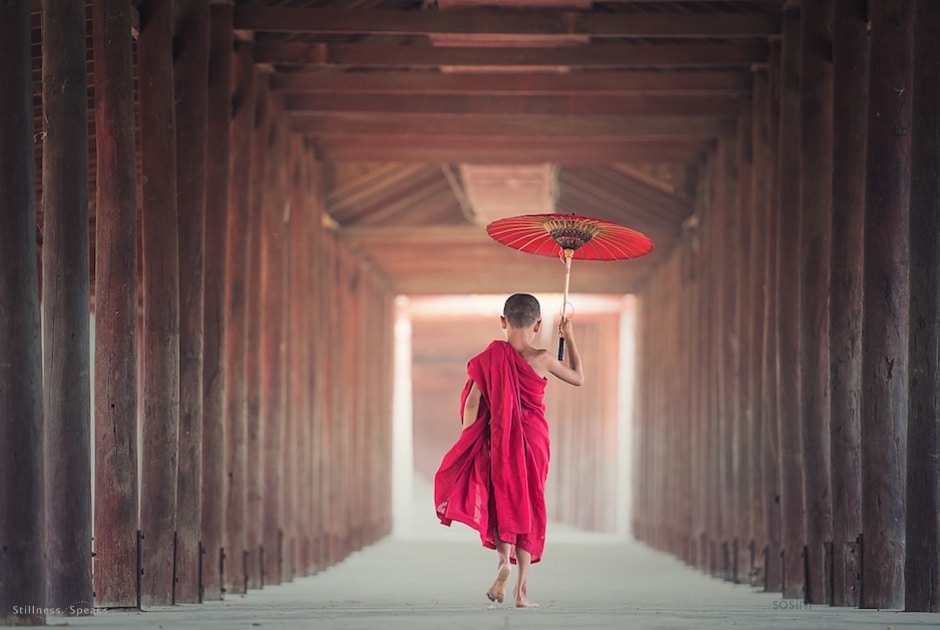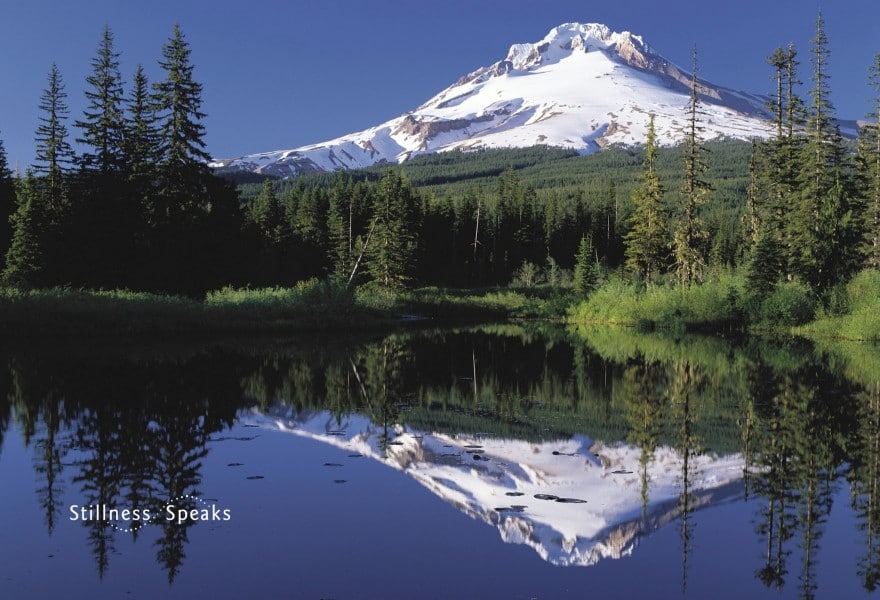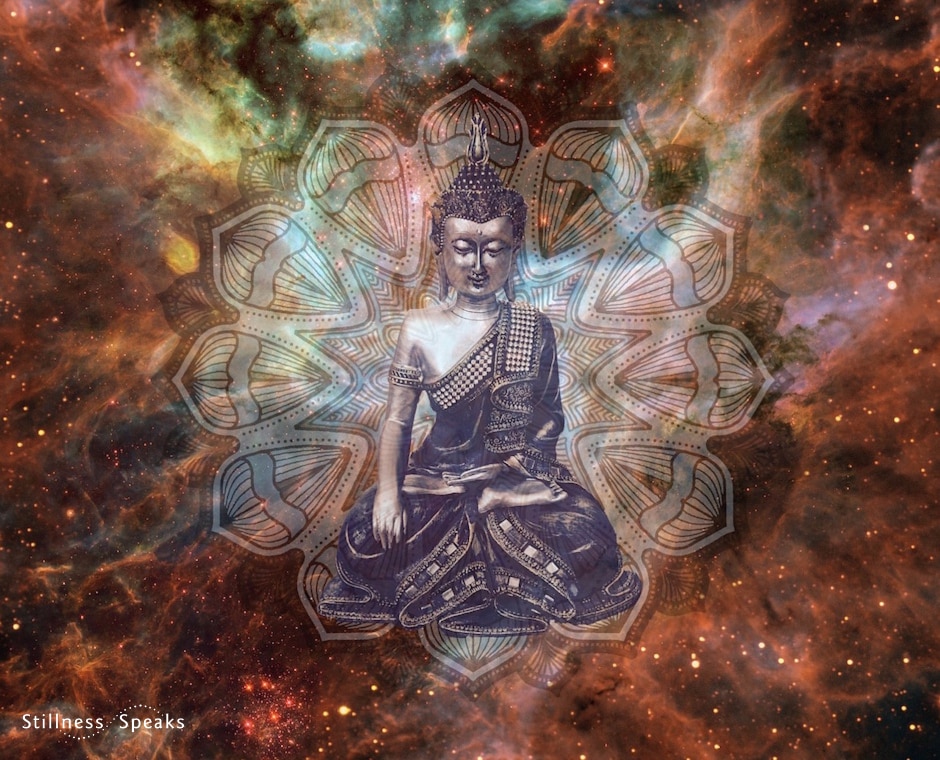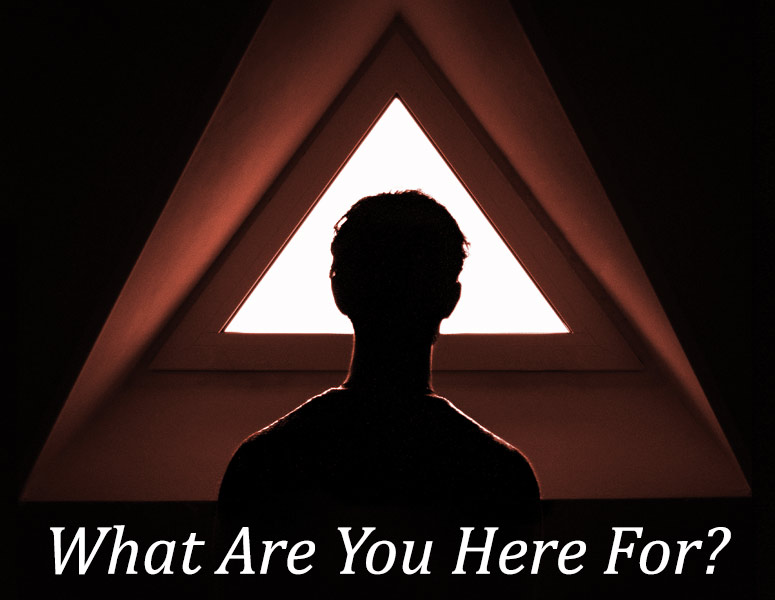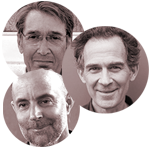This is the great freedom of our existence which Zen practice can open up — truly life beyond life, life in life, life in death. ~ Henry Shukman
This is Holy Week, when Christians remember the suffering, death and resurrection of Jesus, an agonized and ecstatic spiritual transformation that defies rationality, through which Jesus revealed a total liberation. For Jesus himself, and for numberless Jews, this was and is also the season of Passover in the Jewish calendar, which celebrates the liberation of the Israelites from slavery in Pharoah’s Egypt. Two liberations, from two kinds of earthly or worldly enslavement.
Setting aside belief, the simple practice of zazen, of sitting silent and still, can take us beyond all known limitations, to an indefinable space where body and mind fall away and a startling new way of seeing and being opens up, without limitation or confines, without end or beginning, without life or death.
Yet, as Zen emphatically reminds us with every koan, every teaching story, every anecdote from its annals, this great space of awakened reality is precisely none other than our time-bound, space-bound “ordinary” world of things — of birth, life and death, of success and failure, joy and loss, disappointment and fulfillment. This very life of ours, just as it is, is none other than the boundless reality of buddha-nature. This is the great freedom of our existence which Zen practice can open up — truly life beyond life, life in life, life in death.
From this perspective, every crumb of bread or matzoh is our one entire body, reaching on forever in both space and time, yet utterly intimate, and every breath is synonymous with the whole universe. As Master Prajnatara said: “My inhalation has no subject, my exhalation no object.” She went on: “I am constantly reciting the sutras in millions and millions of volumes–” with every breath she takes, and every last thing she does, being a wonder and a mystery.
Thank you, Prajnatara, for sustaining and passing on this great Way. And thanks to everyone who does their own part in maintaining the ancient gateless gate under whose lintel we sit, stand and walk, day in, day out.


